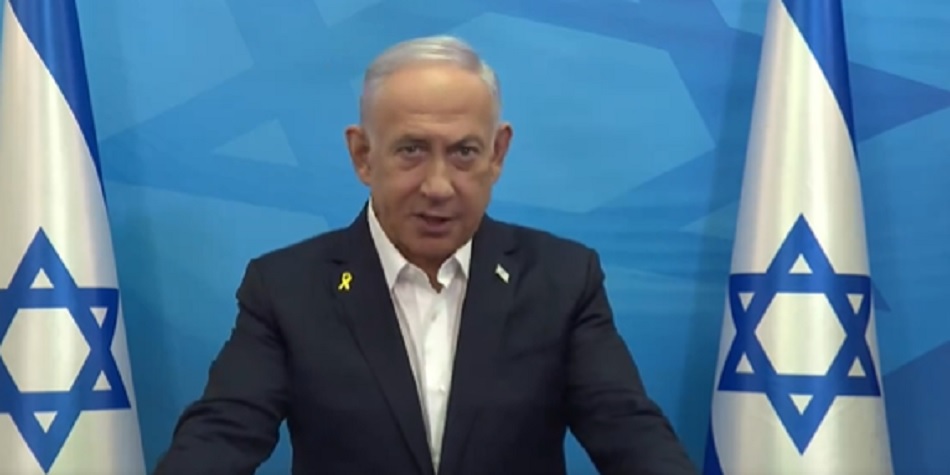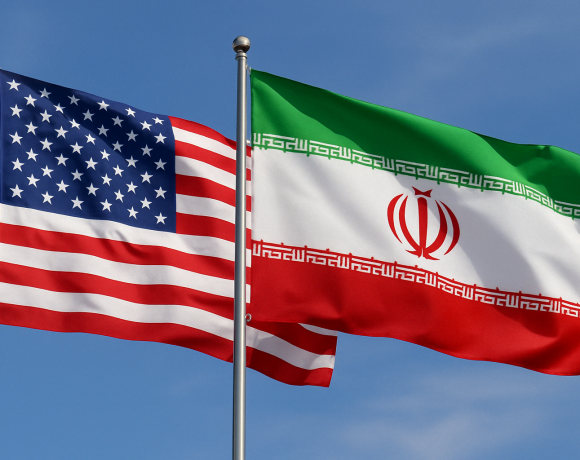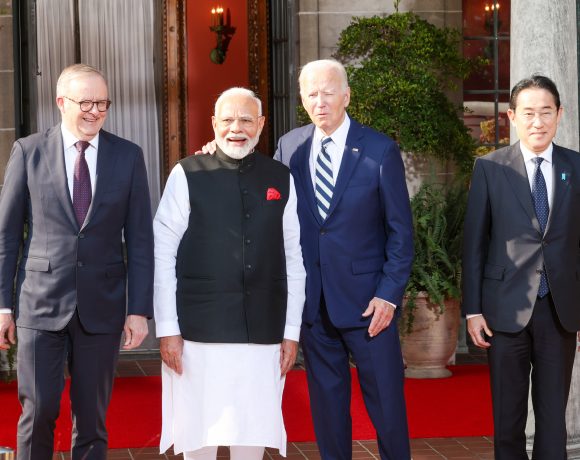
Israel Says It Doesn’t Always Act For U.S. Interests
President Donald Trump publicly distanced himself from the strike, stating it was carried out unilaterally by Israeli Prime Minister Benjamin Netanyahu. He said he was informed “unfortunately, too late to stop the attack,” and described the strike as “unhelpful to U.S. and Israeli interests.” Trump stressed the importance of Qatar’s role in diplomatic efforts and reaffirmed that eliminating Hamas is a “worthy goal,” but that attacking a U.S. ally’s territory undermines ongoing peace initiatives.
Israel’s Stance
At the UN, Israel’s envoy Danny Danon defended the strike. He said coordination with the U.S. exists and is valued, but emphasized that decisions are sometimes made independently.
Casualties And Context
The strike, which occurred on September 9, targeted a compound in Doha’s Leqtaifiya district and resulted in six deaths, including the son of Hamas leader Khalil al-Hayya and a Qatari security officer. However, senior Hamas figures, including negotiators, survived. The meeting reportedly concerned a U.S.-backed ceasefire proposal. Qatar denied receiving any prior warning of the attack.
Diplomatic Fallout
The attack drew condemnation from international leaders. Qatar called it a violation of sovereignty, while U.S. officials expressed concern over the strike’s impact on peace negotiations. Trump later reassured Qatar’s leadership that such an incident would not recur and reaffirmed his support for regional stability and mediation efforts.


















